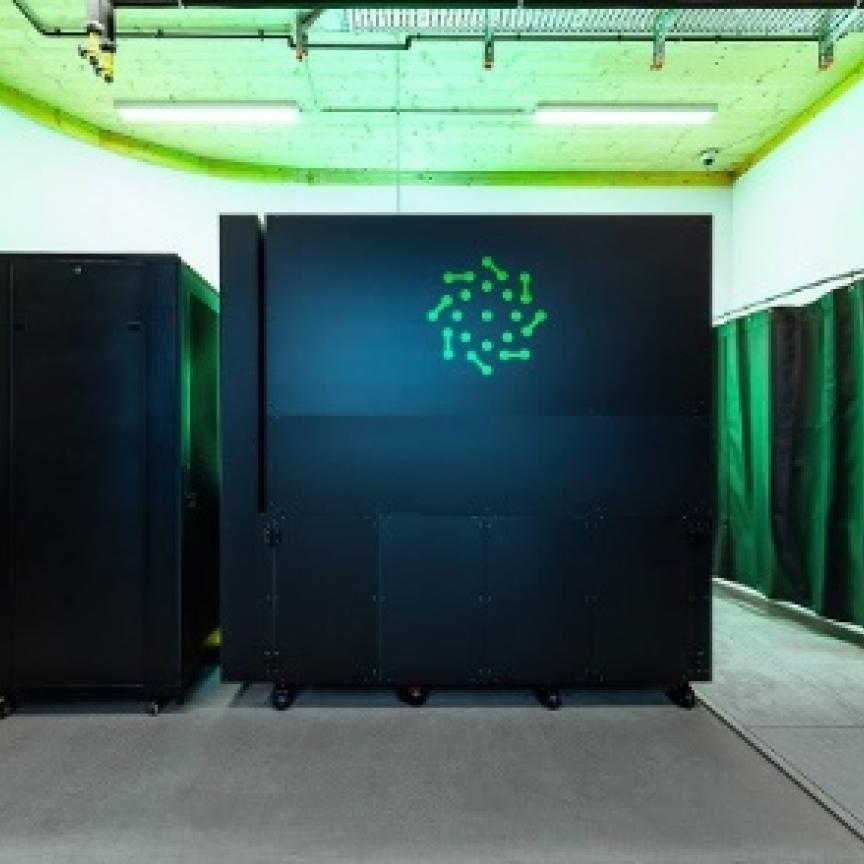The makers of the Raspberry Pi were awarded the UK’s top engineering innovation prize – the Royal Academy of Engineering MacRobert Award – for the impact that the microcomputer.
The annual MacRobert Award is presented to the engineers behind the UK engineering profession's most exciting innovation. For this year’s award, the team was up against a cyber security machine learning company, Darktrace, and Vision RT, a company that aims to improve the comfort and safety of radiotherapy by tracking the patient’s 3D surface in real time.
Dr Frances Saunders, who was on the judging panel of the MacRobert Award commented: ‘The Raspberry Pi team has achieved something that mainstream multinational computer companies and leading processing chip designers not only failed to do but failed even to spot a need for. With a team of engineers numbering in the tens, not hundreds or thousands, Raspberry Pi has redefined home computing for many thousands of people across the world, even taking 1 per cent of the global PC market. Their refusal to compromise on quality, price point or functionality has resulted in a highly innovative design that has taken the education and maker market by storm, and they have created a world-beating business in the process.’
The Royal Academy of Engineering reported that Raspberry PI had been incredibly successful because it could act as a control centre for anything from robots to pet feeders or scientific experiments. Before Raspberry Pi, each industry had its suppliers of control computers, which in turn reduced competition and lowered quality. The robust and flexible Raspberry Pi has swept this market away and over half of Raspberry Pi computers are now sold to industry.
The Pi has also inspired the maker community and helped drive a new generation to begin coding and helped bring computer programming into classrooms.
The MacRobert Award, run by the Royal Academy of Engineering has been presented to several technologies that had become ubiquitous to modern use such as the catalytic convertor and the CT scanner, whose inventor Sir Godfrey Hounsfield won the MacRobert Award in 1972, seven years before he received the Nobel Prize.
Dr Dame Sue Ion, Chair of the MacRobert Award judging panel, said: ‘All three of this year’s finalists demonstrate exceptional engineering, but what sets Raspberry Pi apart is the sheer quality of the innovation, which has allowed the computer to be used far beyond its original purpose. By blending old and new technology with innovative systems engineering and circuit board design, the team has created a computer that is cheap, robust, small and flexible. It is manufactured in the UK cheaper and at higher quality than elsewhere. Raspberry Pi’s original educational goal has resulted in a computer control system that can influence many different industries.’
‘Raspberry Pi has also inspired multiple generations to get into coding: children are learning about coding for the first time, often alongside their parents and grandparents. Communities in the developing world are being empowered by the Raspberry Pi and its modern day computing-on-a-budget.’

